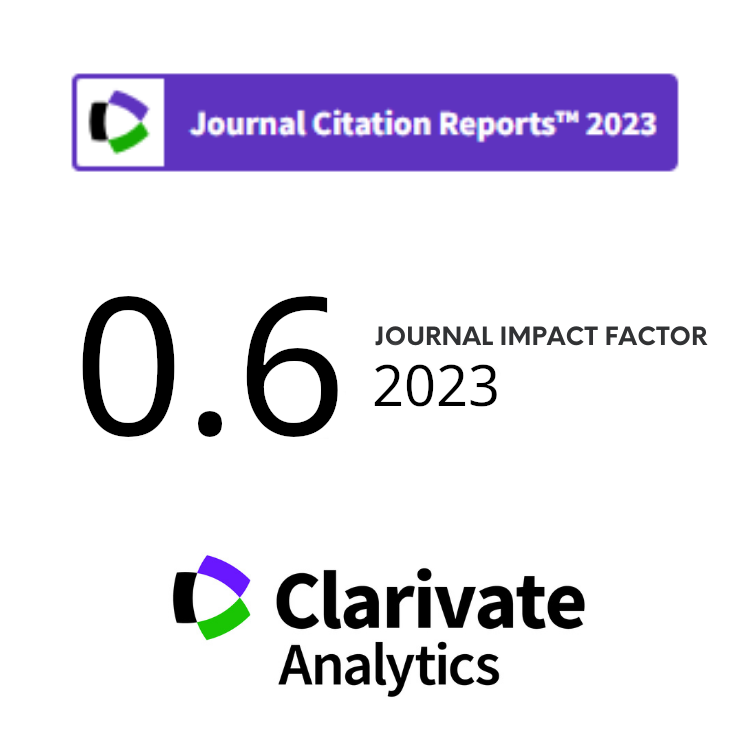A Paradigm Shift in Low Dose Radiation Biology
Abstract
When ionizing radiation traverses biological material, some energy depositions occur and ionize directly deoxyribonucleic acid (DNA) molecules, the critical target. A classical paradigm in radiobiology is that the deposition of energy in the cell nucleus and the resulting damage to DNA are responsible for the detrimental biological effects of radiation. It is presumed that no radiation effect would be expected in cells that receive no direct radiation exposure through nucleus. The risks of exposure to low dose ionizing radiation are estimated by extrapolating from data obtained after exposure to high dose radiation. However, the validity of using this dose-response model is controversial because evidence accumulated over the past decade has indicated that living organisms, including humans, respond differently to low dose radiation than they do to high dose radiation. Moreover, recent experimental evidences from many laboratories reveal the fact that radiation effects also occur in cells that were not exposed to radiation and in the progeny of irradiated cells at delayed times after radiation exposure where cells do not encounter direct DNA damage. Recently, the classical paradigm in radiobiology has been shifted from the nucleus, specifically the DNA, as the principal target for the biological effects of radiation to cells. The universality of target theory has been challenged by phenomena of radiation-induced genomic instability, bystander effect and adaptive response. The new radiation biology paradigm would cover both targeted and non-targeted effects of ionizing radiation. The mechanisms underlying these responses involve biochemical/molecular signals that respond to targeted and non-targeted events. These results brought in understanding that the biological response to low dose radiation at tissue or organism level is a complex process of integrated response of cellular targets as well as extra-cellular factors. Biological understanding of the effects of radiation can be used to improve the assessment of low dose radiation risk. In this article, the mechanisms of targeted and non-targeted responses, and interrelation between the phenomena on cellular injury after exposure to low doses of radiation as they relate to low dose radiation effects will be reviewed.
Received:14 October 2014; Revised:1 April 2015; Accepted: 14 April 2015
Keywords
Full Text:
PDFDOI: https://doi.org/10.17146/aij.2015.379
Copyright (c) 2016 Atom Indonesia

This work is licensed under a Creative Commons Attribution-NonCommercial-ShareAlike 4.0 International License.











